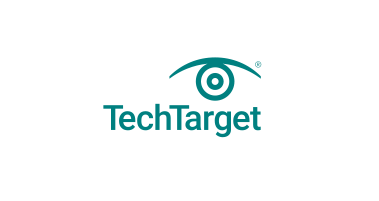Regulation SCI (Regulation Systems Compliance and Integrity) is a set of rules established by the U.S. Securities and Exchange Commission (SEC) to monitor and ensure the security and functionality of the technology infrastructure in U.S. securities markets. This regulation applies to entities involved in key functions within these markets, aiming to enhance the integrity and oversight of market technology.
In November 2014, the SEC implemented Regulation SCI to strengthen the technology infrastructure of U.S. securities markets, with a focus on minimizing system problems and enhancing resiliency. The regulation also aims to improve the SEC’s monitoring and enforcement capabilities related to market technology infrastructure.
Regulation SCI mandates that entities must maintain high levels of capacity, integrity, resiliency, availability, and security in their systems to support fair and orderly securities markets. In the event of an SCI event, entities must take immediate corrective action, report to the SEC and affected parties, review systems annually, and notify the SEC of any material system changes.
SCI entities subject to Regulation SCI include self-regulatory organizations, exchanges, clearing agencies, regulatory authorities, and trading systems involved in key market functions. These entities must ensure compliance with security standards and protection against systems intrusions to safeguard market operations. The regulation also addresses indirect SCI systems that pose a security threat if breached.
SCI events are disruptions stemming from technology dependence that must be reported to the SEC and relevant parties by SCI entities. In 2015, the SEC updated Regulation SCI to clarify contracting entities’ responsibilities when working with third parties to operate SCI systems. Proposed amendments in 2023 seek to expand the definition of SCI entities, improve third-party management, enhance cybersecurity measures, and incorporate industry standards into SCI review processes to maintain market integrity and stability.









